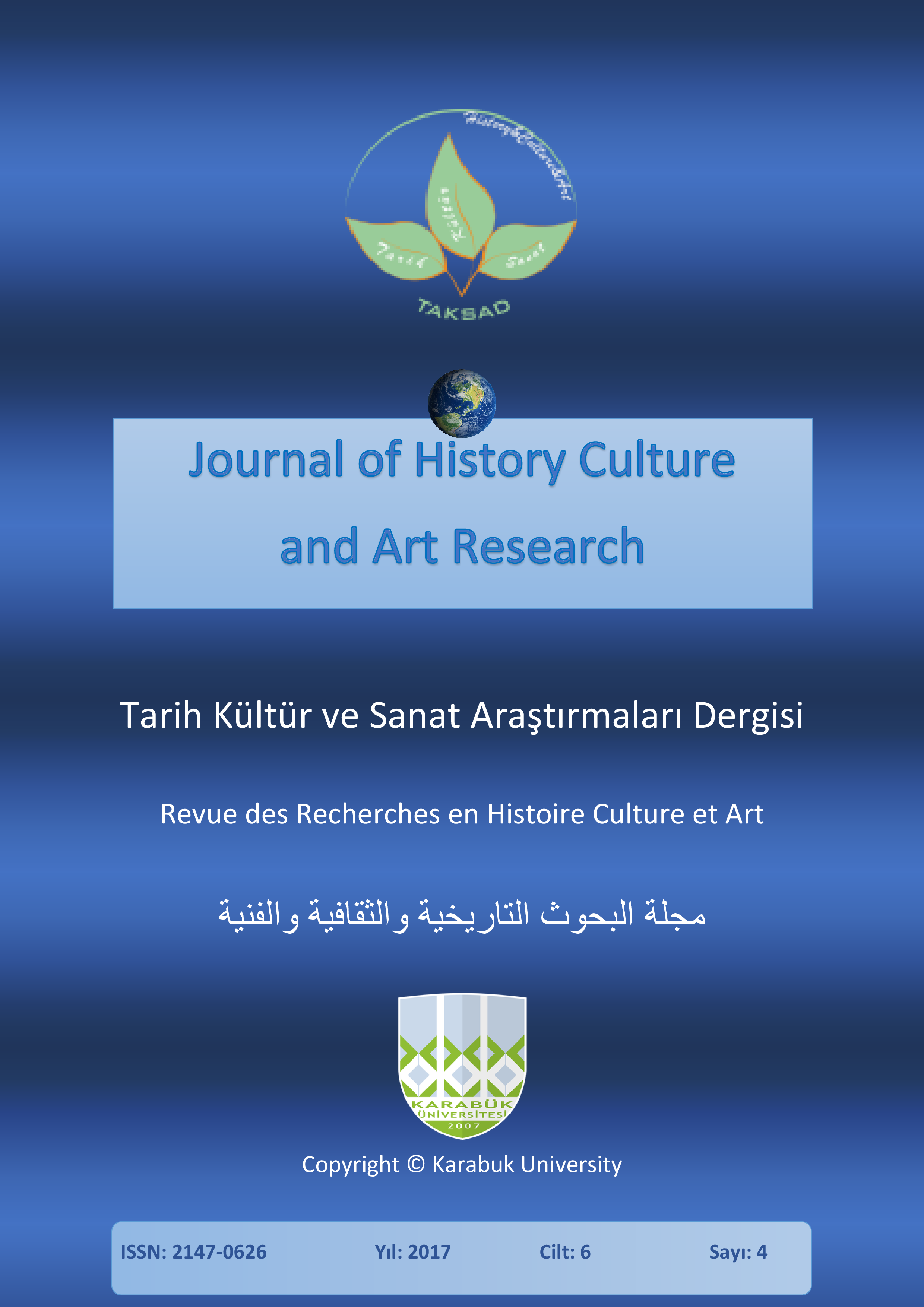Integrative Approach to Enhancing Linguists’ Background Knowledge in Culture and Art
DOI:
https://doi.org/10.7596/taksad.v6i4.1145Keywords:
Linguistics, Student, Integrative approach, Background knowledge, Education.Abstract
In the conditions of the global cultural and educational space development, the humanity enjoys such ongoing processes as integration of knowledge, mutual influence and interaction of cultural traditions. Here the role of a translator/ interpreter as an ambassador of culture is growing; he/she is seen as a mediator between communicants belonging to different cultures with incompatible linguistic and conceptual pictures of the world. In this context, the translator's background knowledge in various spheres plays a special role. The search for effective ways of enhancing background knowledge in Culture and Art is an urgent problem of the professional education of a translator/ interpreter. The article deals with the formation of background knowledge of the future translators/ interpreters in Culture and Art in the context of integration of Culture Study and Linguistics courses. The authors show the role of the integrative approach in the process, introduce an original and already tested strategic approach to the formation of the background knowledge of future linguists, allowing to fruitfully integrate linguistic and cultural knowledge as well integrative competences in the university training of future translators/ interpreters. The original definition of the concept, the structure of background knowledge in Culture and Art is revealed, the dominants of background linguocultural knowledge are identified, contributing to comprehension of mentality, system of values and characteristics of the cultural world of the target country and language, ensuring the enculturation and socialization of the translator/ interpreter's personality.
References
Bracaj, M. (2015). Procedures of Translating Culture-specific Concepts. Mediterranean Journal of Social Sciences, 6(1), 476-80.
Cozma, M. (2012). Perceptions of Cultural Competence: The Trainee’s Perspective. Professional Communication and Translation Studies, 5(1-2), 67-74.
Gafiyatova, E. & Pomortseva, N. (2016). The Role of Background Knowledge in Building the Translating/ Interpreting Competence of the Linguist. Indian Journal of Science and Technology, 9(16), 1-11.
Karasik, O.; Bobyreva, N. & Pomortseva, N. (2016). Exploring English and American Literature in Linguistic Academic Courses. Proceedings of 10th Annual International Technology, Education and Development Conference, INTED, 7444-7450.
Komissarov, V. N. (1990). Theory of translation (linguistic aspects). Moscow: Vysshaya shkola.
Konetskaya, V. P. (1980). Lexico-semantic Characteristics of Linguistic Realities. Great Britain: Linguistic-cultural Dictionary. Мoscow.
Olvera-Lobo, M. D.; Castro-Prieto, M. R. & Quero-Gervilla, E. (2005). Translator training and modern market demands. Perspectives-Studies in Translatology, 13(2), 132-42.
Saussure, de F. (2000). Notes on General Linguistics. Moscow: Progress.
Scott-Tennent, C. & Gonzalez, D. M. (2008). Effects of Specific Training on the Ability to Deal with Cultural References in Translation. META, 53(4), 782-797.
Solovyeva, E.; Sabirova, D. & Morozova, T. (2015). Forming Students’ Linguistic and Cultural Competence in Academic Translation and Interpretation Studies. Procedia: Social and Behavioral Sciences, 199, 415-422.
Solovyova, E.; Sabirova, D. & Shigapova, F. (2016). Improving Vocational Training in Non-Linguistic Majors via Integrated Foreign Language and Culture Studies Academic Courses. Proceedings of 10th Annual International Technology, Education and Development Conference, INTED, 48-56.
Solovyova, E. G. & Pomortseva, N. P. (2017). Discovering English Culture. Readings for Language Students (From the Dark Age to the Golden Age). Kazan: KSU.
Solovyova, E. G. & Pomortseva, N. P. (2015a). Linguistic and Culture Integrative Model of Forming Translators’ Competence. Philology, Theory and Practice, 11-3(53), 175-179.
Solovyova, E. G. & Pomortseva, N. P. (2015b). Realizing the Axiological Potential of Linguistic and Culture Study Discipline in Future Translators and Interpreters’ Academic Training. Success of Modern Science, 9(3), 562-566.
Ter-Minasova, S. G. (2000). Language and Cross-cultural Communication. Moscow: Word.
Vinogradov, V. S. (2006). Translation: general and linguistic issues. Moscow: KDU.
Downloads
Published
How to Cite
Issue
Section
License
All papers licensed under Creative Commons 4.0 CC-BY.- Share — copy and redistribute the material in any medium or format
- Adapt — remix, transform, and build upon the material for any purpose, even commercially.
Under the following terms:
Attribution — You must give appropriate credit, provide a link to the license, and indicate if changes were made. You may do so in any reasonable manner, but not in any way that suggests the licensor endorses you or your use.
- No additional restrictions — You may not apply legal terms or technological measures that legally restrict others from doing anything the license permits.







